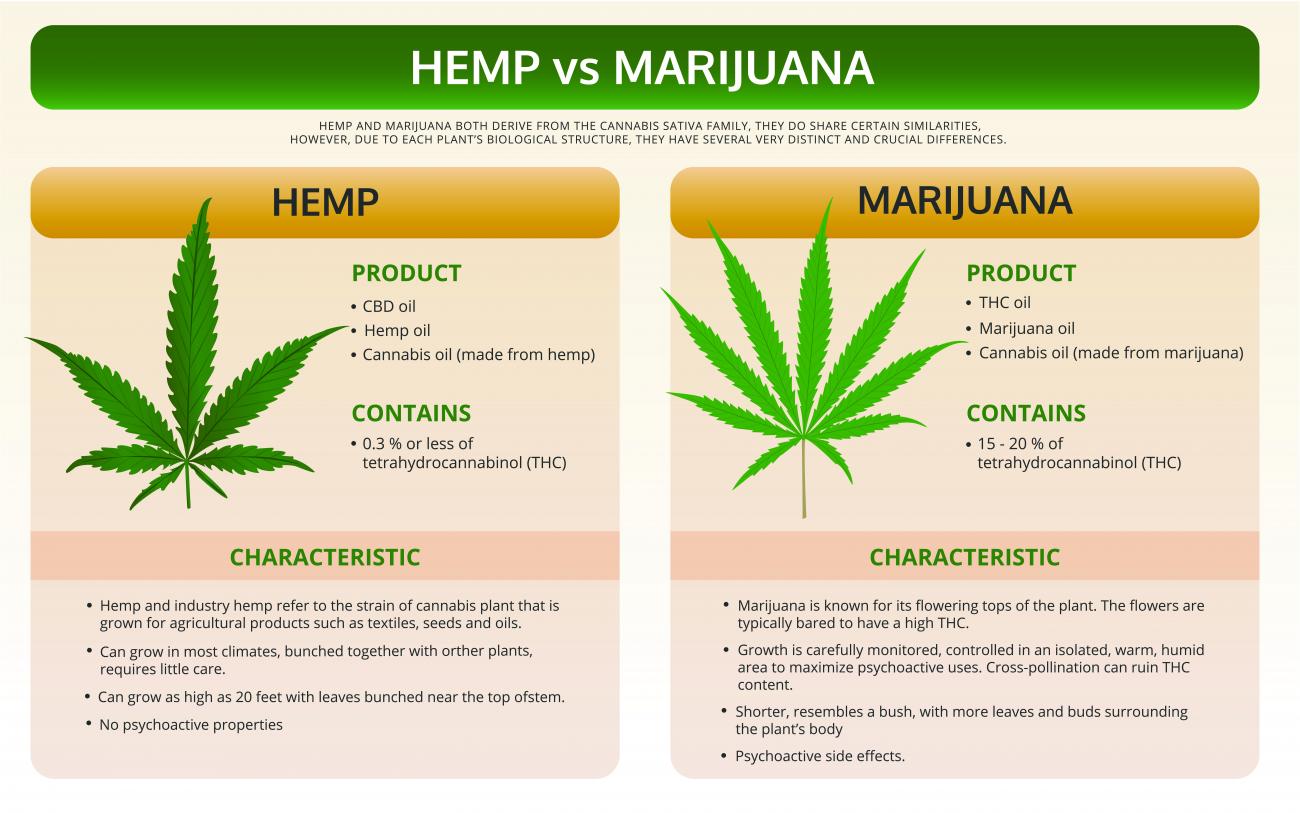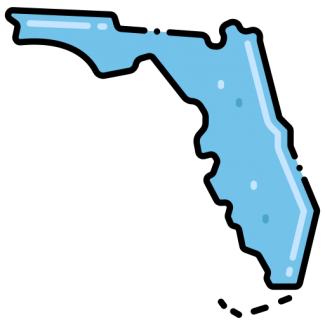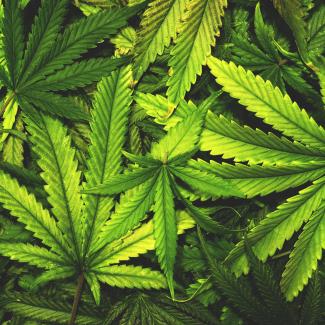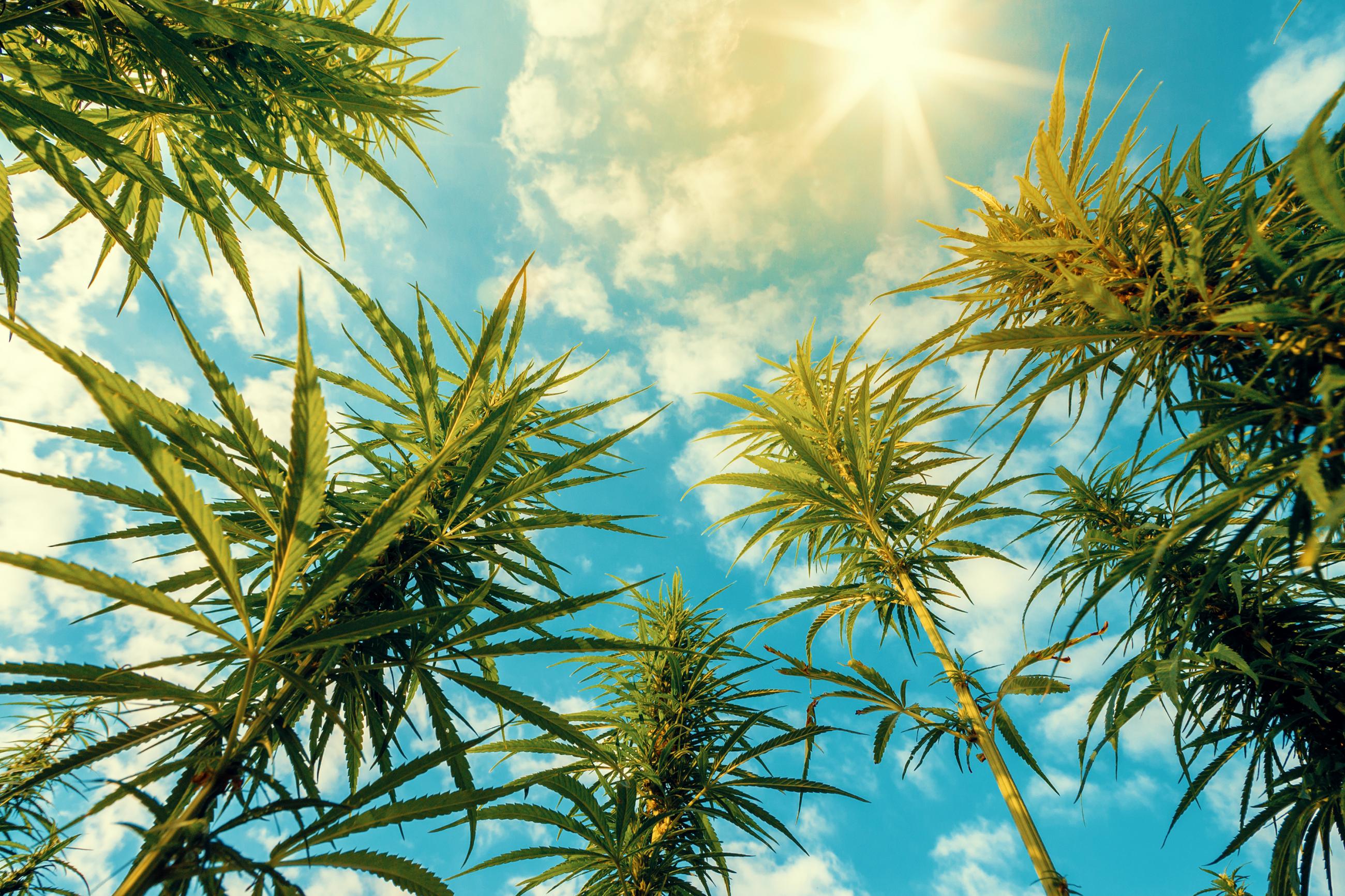Identifying the key differences between hemp and marijuana, and their legality in the state of Florida can be a confusing endeavor. From THC levels, to laws and even obtaining your medical marijuana card, many factors are affected by the distinction of hemp and marijuana, two popular forms of cannabis.
Cannabis tends to fall into three general categories: medical marijuana, recreational marijuana, and hemp. All three contain cannabidiol (CBD), one of the most well-known cannabinoids in the cannabis plant, which is known for its various potential benefits. However, only medical and recreational marijuana contain substantial levels of tetrahydrocannabinol. Known as THC, tetrahydrocannabinol is the cannabinoid that gives marijuana its famous ‘high,’ and and boasts its own lineup of sought-after benefits. Hemp, on the other hand, can only contain less than 0.3% THC. The form of cannabis restricted by the least bureaucracy and legal confusion, hemp is used in a wide variety of products and is the source of most CBD sold today.
Medical marijuana is legal in Florida, and here at Marijuana Doctor, we specialize in evaluating our patients for medical marijuana cards, which the state requires. Please note that recreational marijuana is currently illegal in Florida, reflecting our federal government’s longstanding marijuana prohibition. There is much reason for optimism though, as there is currently significant political momentum to legalize recreational marijuana in Florida, and this could even happen within the next year.
Finally, hemp, also known as industrial hemp, is not only legal in the state of Florida, but it’s also experiencing a boom of its own, and the state government is actively encouraging the growth of the entire hemp industry in Florida. From farming to production, industrial hemp has become a big business in Florida. There are numerous companies, based in South Florida, are prospering within this environment.

The hemp industry in Florida
Following the 2018 Farm Bill, which legalized hemp nationally and allowed states to make their own rules and regulations, Governor Ron DeSantis signed a draft of the legislation in June of this year, creating a state hemp program managed by the Florida Department of Agriculture, effectively launching the hemp industry in the state. In support of the state’s farmers, the department's regulators quickly wrote up the rules, enacted the permitting processes, and filled in the other details that paved the way for the hemp-friendly commercial environment we see today.
The industry is experiencing success, so far. The State Director of Cannabis (yes, in Florida, that is a thing!), Holly Bell, predicts that soon enough Florida-grown hemp will be a “several million dollar industry that will become hundreds of millions in the next two years.” The first permits will be issued just after the first of the year, says Bell. She predicts a whopping 3,000 farm operations will qualify.
However, as farms in 34 states across the nation ramp up hemp production, there are concerns that hemp will flood the market, and Florida is relatively late to the game. As much as a half a million acres of hemp could be harvested this fall in the United States.
The problem with hemp
The hemp boom is exacerbating an already confusing situation for law enforcement officers in the state, and answers are slowly coming on a county-by-county or city-by-city basis, as local police departments look for clarity. For example, what should an officer do when they smell that distinctive marijuana odor, or they discover what appears to be marijuana in someone’s possession?
"The problem for law enforcement, the smell is the same," said Martin County Chief Deputy Glenn Theobald. "If you burn or smoke hemp versus burning or smoking marijuana, it smells the same." In other states, raw, dry hemp — which looks and smells identical to marijuana — is illegal, which makes this situation a little simpler. In Florida, it is not.
A whiff of that unmistakable marijuana smell used to be enough to stop someone, seize the cannabis, and charge them. Now the odor is no longer enough. "We have to do a presumptive test with a test kit," said Theobald. "Well, the problem with the test kit is they don't tell what the concentration is. They only say if they have THC or not."
Anne Morgan, a cannabis doctor based in Florida, told WPEC Channel 12 that there should be a nationwide standard for testing THC concentration. "That way it would not be any problem for law enforcement to make their definition of whether it was hemp or marijuana," she said. " To make law enforcement spend two hours to figure out if someone's little bag is weed or hemp, that's a lot of wasted time for law enforcement."
But for now, it’s enough of an obstacle that police in Florida’s Martin County have stated they are not making any marijuana arrests, although they will still confiscate the substance. Plus, at the moment, no crime lab in the State of Florida is even equipped with the technology to test for THC at those levels.
Theobold, however, sees the situation more positively. "The way we look at a law like this, we don't look at it as an obstacle," he said. "It gives us an opportunity to be better at looking at people and better at interviewing people." Although he predicts they could have suitable tests on hand in the future and begin making such arrests again, many other counties in the state are officially changing their stances on marijuana.
Reflecting popular opinion, which is vastly in favor of recreational marijuana, other parts of the state are taking more libertine approaches to the situation. In Miami-Dade County, the most populous county in the state, the State Attorney’s office has changed its policy to no longer prosecute minor marijuana cases, and officers in Miami-Dade can no longer stop people for exhibiting a marijuana smell alone. Other counties in Florida have similar policies.
This ‘free pass’ to possess what is still an illegal substance could soon change for Florida residents, unless of course recreational marijuana is legalized in the meantime (and the chances are increasingly likely that could happen). The Department of Agriculture told WTXL Tallahassee in a statement, "A new test is currently being developed by a third-party company which would allow law enforcement officials to test cannabis samples for THC at a level which will determine whether they are hemp or marijuana."
What’s next for hemp detection?
If, and when, legalization happens, there will still be the issue of driving under the influence, a public safety concern as significant as drunk driving. Luckily, law enforcement may soon get some help there, too. Right now, in addition to being unable to quickly test for THC in a substance, law enforcement is also unable to adequately test a subject’s THC inebriation levels. Ms. Bell, who is in the state’s Department of Agriculture and Consumer Services, says the department has been working closely with law enforcement to find a satisfactory roadside test for THC impairment, clearing up the last major area of confusion over cannabis’s legality, and public safety, between law enforcement and the public.
























